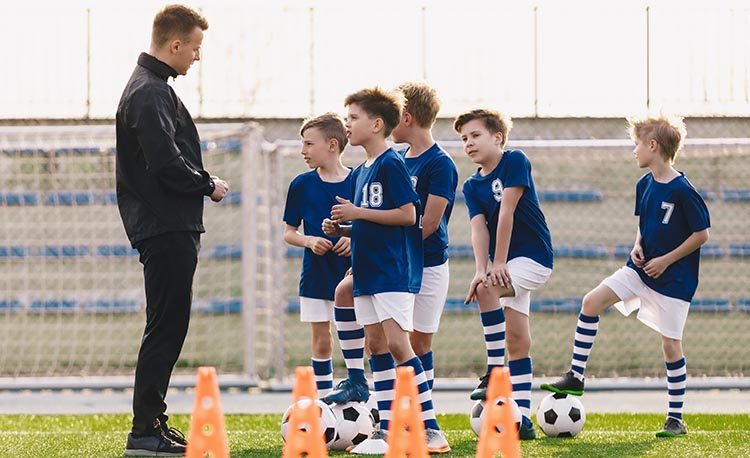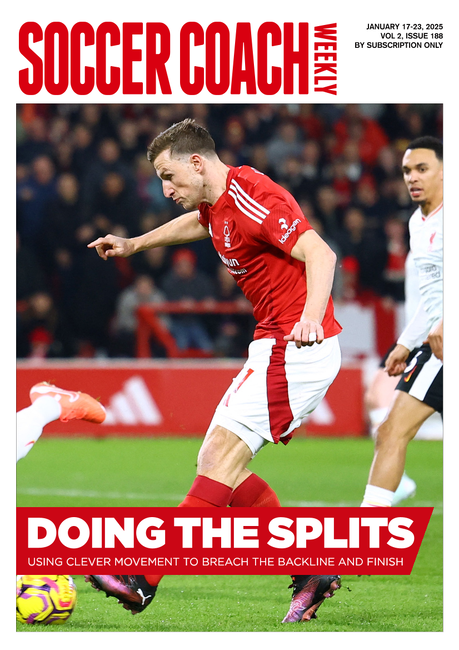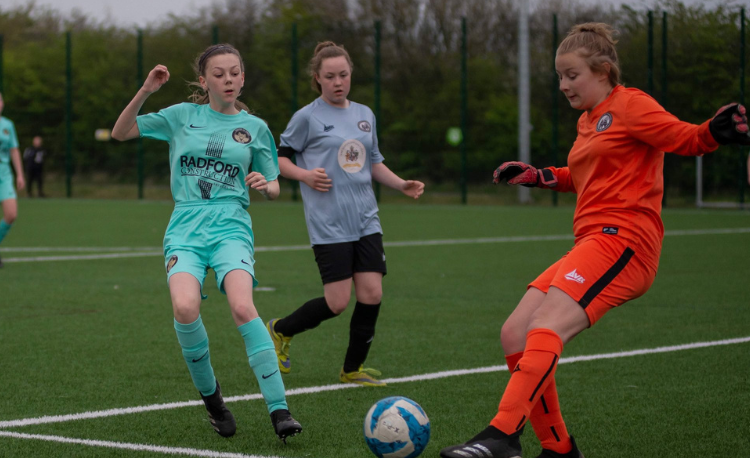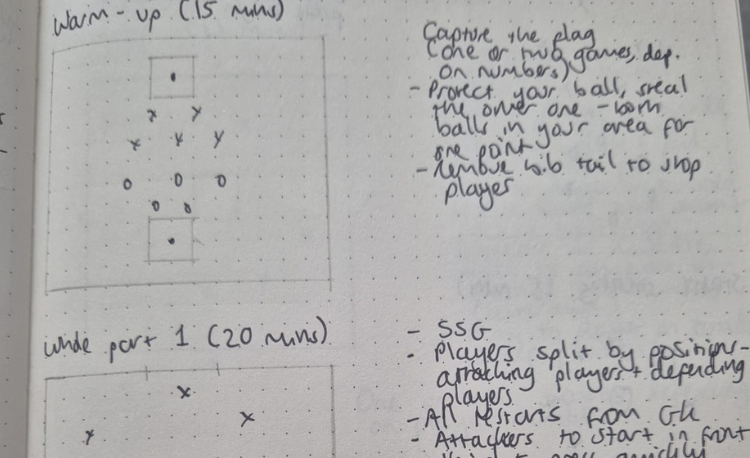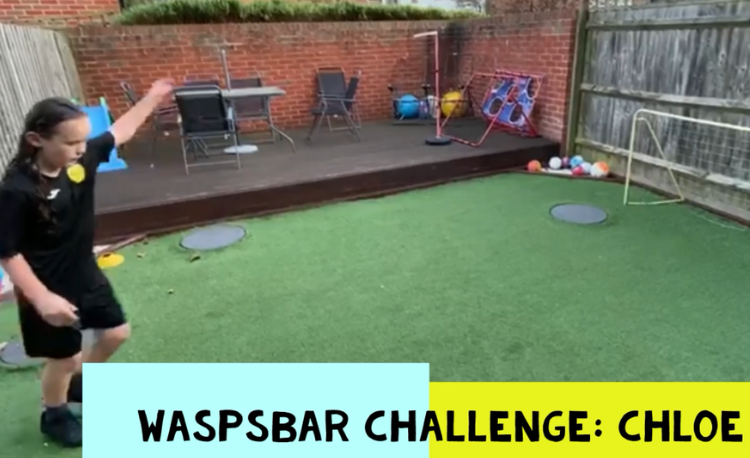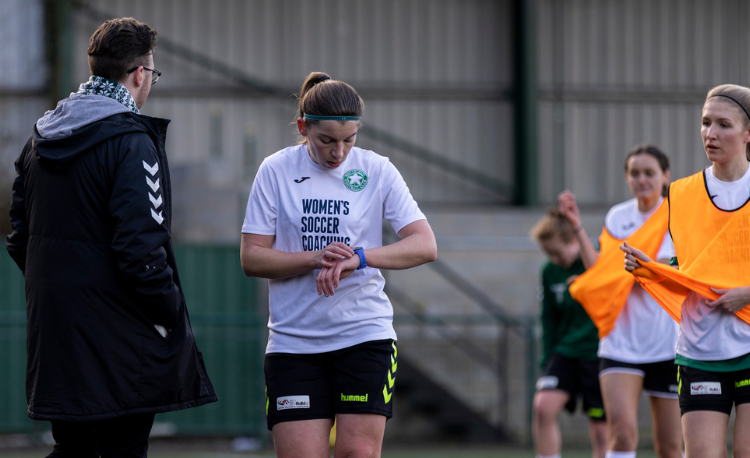Coaching psych-social in the grassroots game
Dan Abrahams on how time-poor coaches can weave in psychology elements
Grassroots coaches may have no time for elaborate psych-social plans.
A wet Wednesday night for an hour and half. A single coach and 20-plus players. Little time, few resources - so there’s only one way to start your simple, straightforward psych-social plan.
It starts with you. Your enthusiasm, your interest, your passion, your behaviours - micro movements that influence, macro actions that dictate.
What do you look like when you coach? What do others experience when you coach? How are you choosing to behave as a coach in every given situation?
Coaching excellence starts here, with self- awareness. You don’t need more time with players for this, and you don’t need to meet an expensive wish-list of resources.
All you need is a little time to engage in reflective practice, and a mind that’s willing to look back at your coaching behaviours in your coaching practice and decide what worked and what could go better.
As a grassroots coach you may have little time, and few resources, but exercising your brain and mind is, perhaps, your entry point to improving your psych-social delivery.
What behaviours do you engage in as a coach when it’s going well? What about when it’s not going to plan? What do your players see, and what do they experience during both eventualities?
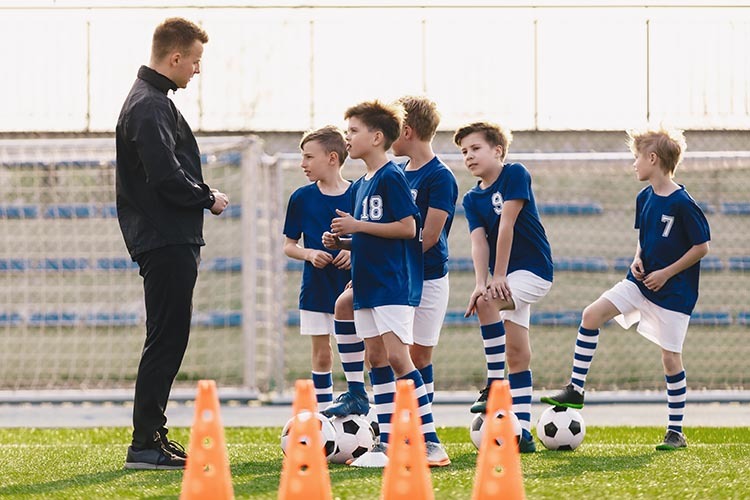
Next - top and tail your coaching session with visualisation, imagery, mental rehearsal - call it what you like, but it amounts to a mental technique for the players.
In the first minute of training, say: “Okay, everyone, what will it look like today when you train at your best and with your best mindset?
"I want you to take the next 30 seconds to picture that and then partner up with the person next to you and tell them what they will see from you today.”
Then, in the last minute of training, say to them: “What went really well today? I want you to take the next 30 seconds to picture that, and then partner up with the person next to you and tell them what went really well.”
If Pep Guardiola and Jurgen Klopp aren’t doing this then they’re missing a trick - and if you do it, then it’s one-nil to you.
Here is a final idea for your ever-growing psych-social plan.
Spend the session reinforcing action-based behavioural words that describe what you want to see from players, that describe the style in which you want them to execute their actions - the emphasise the embodied nature of performance excellence.
“In this small-sided game, I want to see confidence and I want you to be relentless. So I want to see non-stop confident movement and actions. If you make a mistake, I want to see confident body language and confident responses.
"I want to see relentless scanning, runs and movement and relentless intelligent play.”
Now, my friend, you’re doing psychology in your coaching role.
Related Files
Newsletter Sign Up
Coaches Testimonials

Gerald Kearney, Downtown Las Vegas Soccer Club

Paul Butler, Florida, USA

Rick Shields, Springboro, USA

Tony Green, Pierrefonds Titans, Quebec, Canada
Subscribe Today
Discover the simple way to become a more effective, more successful soccer coach
In a recent survey 89% of subscribers said Soccer Coach Weekly makes them more confident, 91% said Soccer Coach Weekly makes them a more effective coach and 93% said Soccer Coach Weekly makes them more inspired.
*includes 3 coaching manuals
Get Weekly Inspiration
All the latest techniques and approaches
Soccer Coach Weekly offers proven and easy to use soccer drills, coaching sessions, practice plans, small-sided games, warm-ups, training tips and advice.
We've been at the cutting edge of soccer coaching since we launched in 2007, creating resources for the grassroots youth coach, following best practice from around the world and insights from the professional game.
